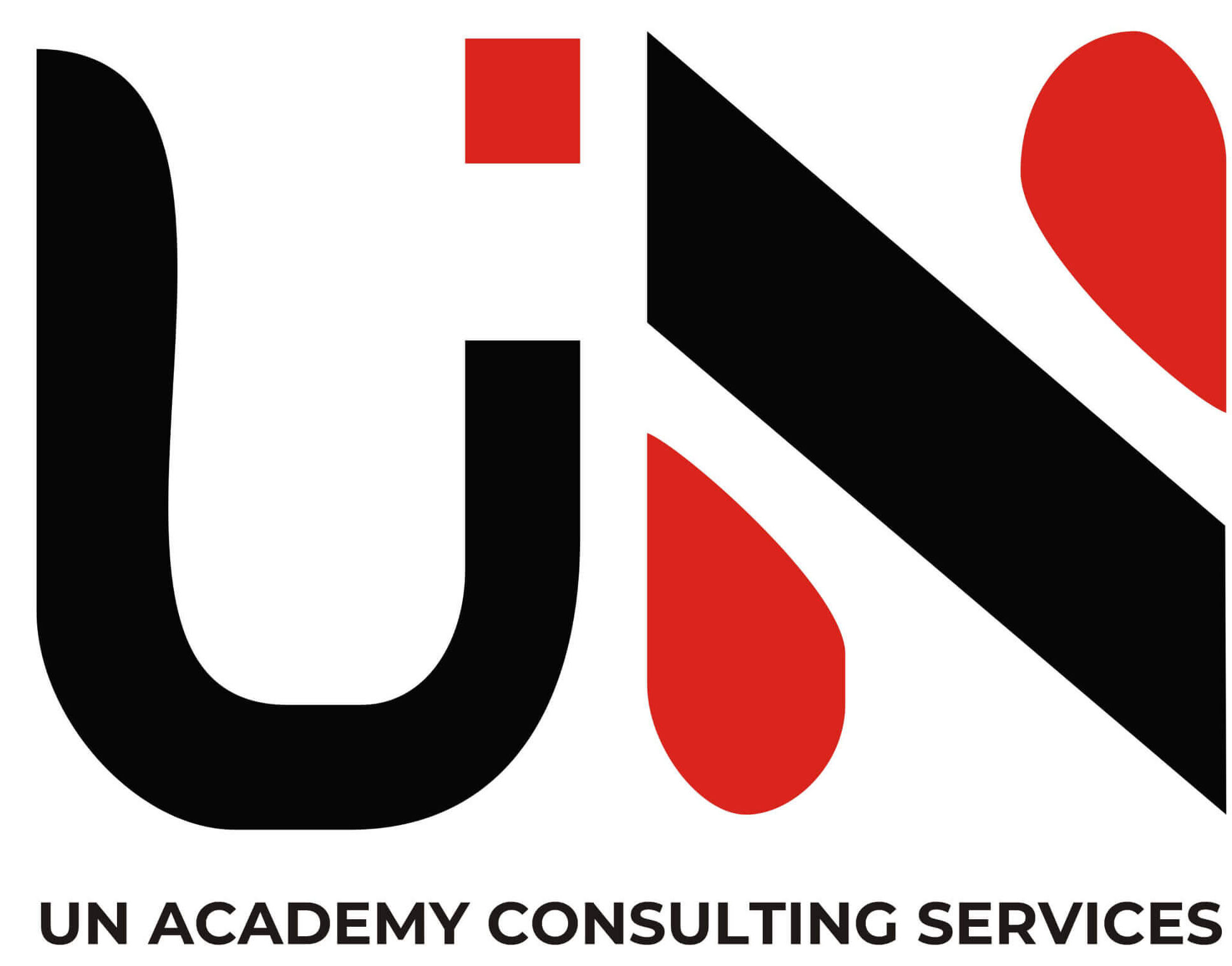Corrosion Control in Gas, Oil & Water
Corrosion is a critical issue in the gas, oil, and water industries, leading to significant economic losses and safety concerns
- Course Schedule
Classroom Sessions:
| Date | Venue | Price |
|---|
01 - 05 Jul 2025
Doha - Qatar
$ 5,950
14 - 18 Oct 2025
Online
$ 3,950
- Course Description
INTRODUCTION
Corrosion is a critical issue in the gas, oil, and water industries, leading to significant economic losses and safety concerns. This comprehensive course on Corrosion Control aims to provide participants with a deep understanding of corrosion mechanisms, preventive measures, and advanced techniques to safeguard assets and ensure operational integrity.
WHY IT MATTERS
Corrosion poses a serious threat to infrastructure, equipment, and safety in gas, oil, and water industries. Understanding corrosion mechanisms is crucial to implementing effective preventive strategies, ensuring asset longevity, and minimizing environmental impact.
OBJECTIVES
- Provide a comprehensive overview of corrosion mechanisms in gas, oil, and water systems.
- Equip participants with knowledge of advanced corrosion control techniques and technologies.
- Foster an understanding of the economic and safety implications of corrosion in industry.
- Develop skills to implement effective corrosion prevention and mitigation strategies.
WHO SHOULD ATTEND ?
This course is suitable for:
- Engineers and technicians involved in gas, oil, and water industries.
- Maintenance and inspection professionals.
- Health, Safety, and Environment (HSE) personnel.
- Project managers and asset integrity specialists.
- Anyone seeking a thorough understanding of corrosion control in the mentioned industries.
- Course Outline
DAY 1
Introduction to Corrosion
- Fundamentals of corrosion in gas, oil, and water systems.
- Types of corrosion and their impact on infrastructure.
- Case studies highlighting the consequences of corrosion.
DAY 2
Corrosion Monitoring Techniques
- Introduction to corrosion monitoring tools and technologies.
- Use of sensors, probes, and inspection methods.
- Real-time monitoring and data interpretation.
DAY 3
Corrosion Prevention and Control Methods
- Protective coatings and corrosion inhibitors.
- Cathodic protection techniques.
- Best practices for corrosion control in different environments.
DAY 4
Advanced Corrosion Control Technologies
- Non-destructive testing methods.
- Emerging technologies in corrosion detection.
- Case studies on successful implementation of advanced corrosion control measures.
DAY 5
Regulatory Compliance and Best Practices
- Overview of industry standards and regulations.
- Developing corrosion control plans and compliance strategies.
- Integration of corrosion control into asset management systems.
